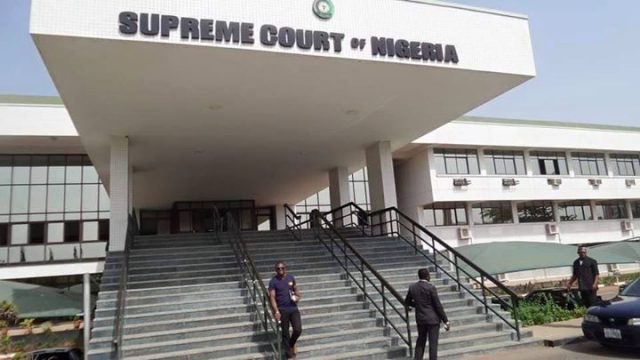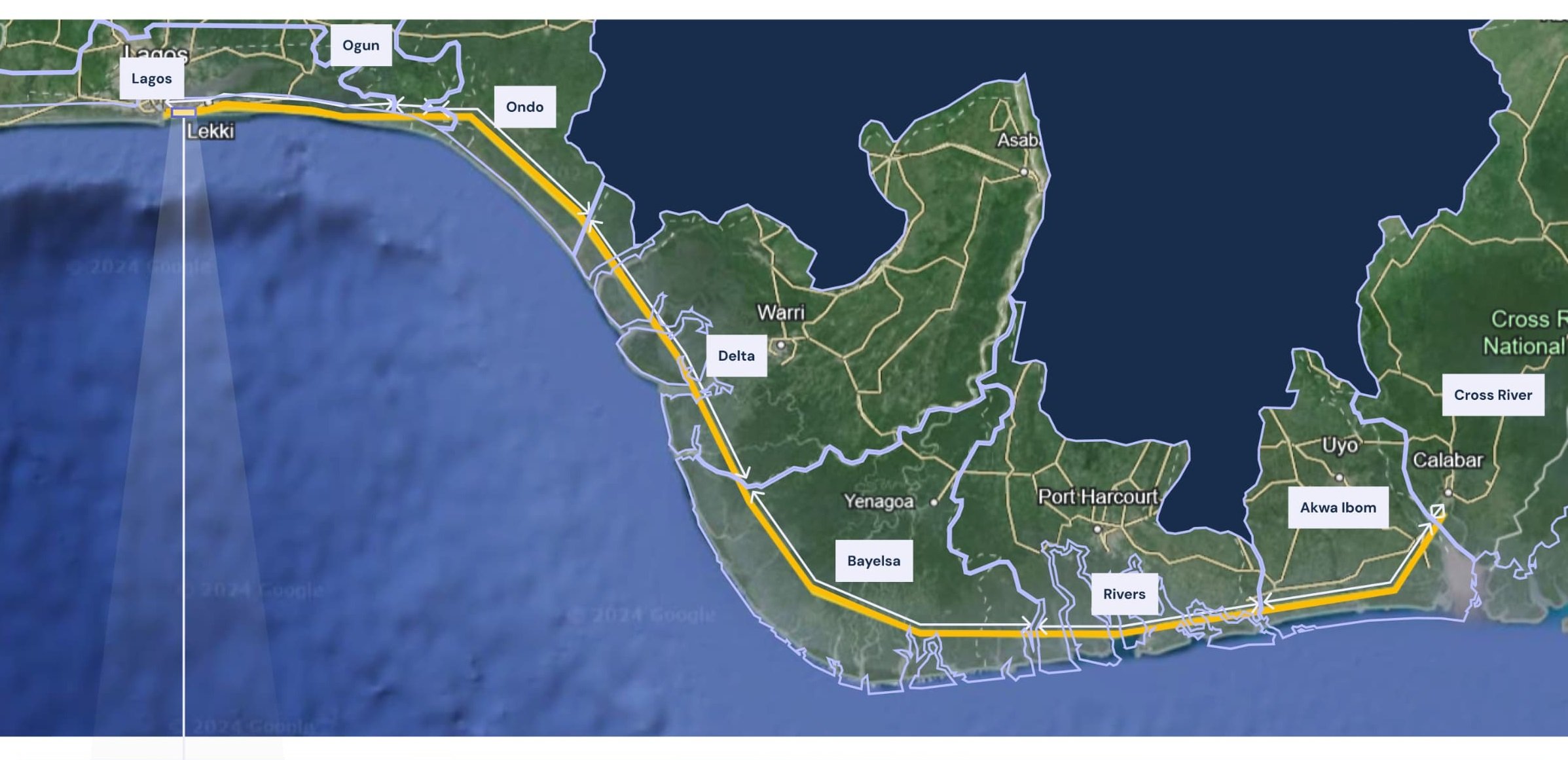BY UMAR ADEWALE ISMAEEL
The concept of democracy is anchored on the fundamental idea of serving the interests of the majority. Most people reside in local communities, where they primarily experience the direct impact of government. Nigeria, as a federation, subscribes to this idea of democracy as stated in Sections 14(1) and 14(2)(a) of the 1999 Constitution of the Federal Republic of Nigeria (as amended). Section 14(1) states, “The Federal Republic of Nigeria shall be a state based on the principles of democracy and social justice.”
Constitutionally, Nigeria operates a three-tier system of government comprising the federal government, state governments, and local governments, with each tier having defined roles to play in delivering the dividends of democracy to the citizens. With this, the constitution has paved the way for the effective functioning of local governments in Nigeria, but the reality is far from the constitution’s wording. Local government administration in Nigeria has become a textbook principle without reference to reality. It is gradually becoming extinct.
In May this year, the federal government—through the attorney-general of the federation (AGF) and minister of justice, Prince Lateef Fagbemi, SAN—filed a suit at the Supreme Court of Nigeria accusing the state governments of running the local government aground. On July 11, the apex court gave a landmark judgment on the financial autonomy of Nigeria’s 774 local governments. It also condemned the dissolution of elected local government councils by state governors. A seven-member panel of the supreme court, chaired by Justice Mohammed Garba, disagreed with the position of the state governments and concluded that the plaintiff’s case had merit.
Advertisement
Reading the ruling, Justice Agim stated: “It is the position of this court that the federation can pay local government allocations directly to the local governments or through the states. In this case, since paying them through the states has not worked, justice demands that local government allocations from the federation account should henceforth be paid directly to the local governments.” He said: “I hold that the states’ retention of local government funds is unconstitutional.”
Before this judgement, the usual practice was to remit the funds accrued to the state and local governments from the federation account to a joint account at the state level. From the account, each local government was to collect its deserving shares, which is in line with the provisions of Section 162 of the Constitution. Unfortunately, the actions of the state governors have been the opposite of this. According to Justice Agim, for the last two decades, the states have been retaining funds due to the local governments and disbursing them at their whims and caprices, contrary to the constitutional provision.
The states’ decision to withhold allocations to local governments has grounded many of Nigeria’s 774 local governments and rendered most useless. It has brought untoward hardship to the citizens, who should enjoy the dividends of democracy at the grassroots.
Advertisement
Local governments have specific responsibilities assigned to them by the constitution, as outlined in the Fourth Schedule of the 1999 Constitution of the Federal Republic of Nigeria (as amended), that mostly require adequate funding to perform.
The administration of public primary schools and primary health centres, many of which are in disrepair, is one of the responsibilities of the local governments. As it is, many Nigerians would prefer to enrol their wards in private primary schools due to poorly maintained facilities and the low-quality education rendered at the public schools. Similarly, the dysfunctional primary healthcare system has led to overcrowding in secondary and tertiary health institutions, complicating access to quality healthcare.
Furthermore, the provision of road infrastructure is a joint responsibility of the three tiers of government in Nigeria. The Nigerian road network is estimated to be around 200,000 km in length. Most of these roads are in poor condition and inaccessible. Sixty-six percent of the total roads in Nigeria, estimated to be 132,000 kilometres, are managed by the local governments.
In contrast, the states, which are seizing local government allocations, have just sixteen percent of roads to maintain. Data has shown that the road is the most used means of transportation in Nigeria. More than 90 percent of people and goods in Nigeria are transported by road. If the local government has access to their allocation, it will bring a noticeable improvement to the state of our roads.
Advertisement
There is no doubt that the provision of essential and basic infrastructure, particularly at the local government level, has a significant role in advancing political and socioeconomic systems and the general quality of life. Khoza, in his 2009 publication, opines that the provision of infrastructure ensures the improvement of the citizens’ livelihoods and quality of life. For adequate provision of basic infrastructure in Nigeria, the local governments have to be financially autonomous, which is a win for our democracy.
In addition, another part of the judgement that signalled a win for democracy in Nigeria is the condemnation of the dissolution of democratically elected local government councils. According to a report, not fewer than 21 states out of 36 are currently without duly elected local government councils and run the local governments with caretaker committees, which is foreign to the constitution.
This practice is unhealthy for democracy. The governors must stop running the local government as if they were their stooges. Dissolving elected officials in the local government and running them by unelected officials is gradually putting the local government administration into extinction. Now that the apex court has declared that allocations belonging to local governments must be paid to local government councils that are democratically elected, this will hopefully stop the existing undemocratic practice.
Consequently, there is an urgent need to have an independent electoral body to run the local government elections in the states. Most State Independent Electoral Commissions (SIEC) are enmeshed in corrupt practices and carry out electoral fraud. They have been widely accused of conducting sham elections. It will be appropriate to have a constitutional amendment to allow the Independent National Electoral Commission (INEC) to conduct local government elections as they do for general and state elections. It will, to an extent, reduce the influence of state governors in unlawfully influencing local government elections and grant them autonomy.
Advertisement
This judgement will undoubtedly empower local government councils to control their resources, bringing government closer to the people. However, to ensure the prudent use of allocated funds, everyone has to hold these councils responsible. An independent electoral body to oversee local government elections, free from state governors’ undue influence, is crucial for sustaining this newfound autonomy and would be a significant step in this direction. By taking these actions, we can ensure that local governments function effectively, providing essential services and infrastructure that improve the quality of life for all Nigerians.
Umar Adewale Ismaeel can be reached via [email protected]
Advertisement
Views expressed by contributors are strictly personal and not of TheCable.
Add a comment







